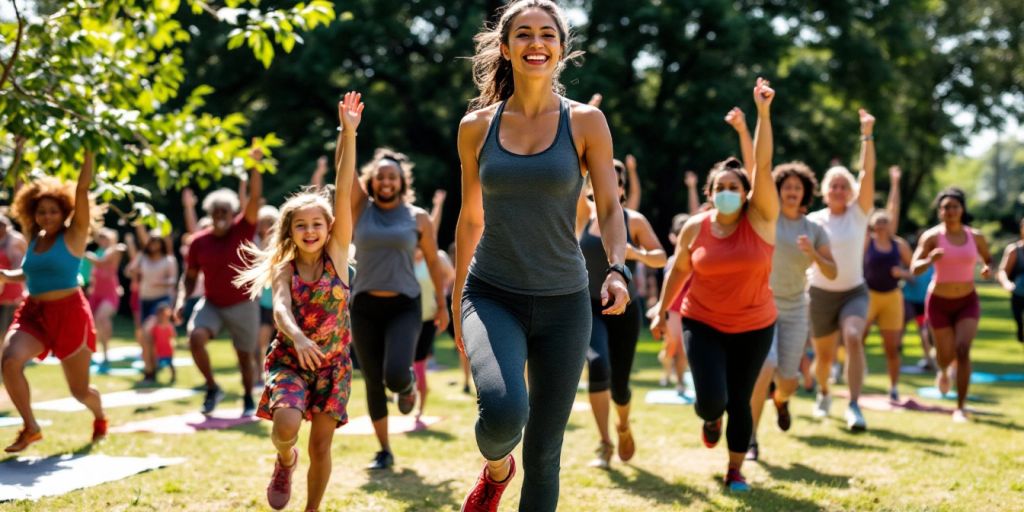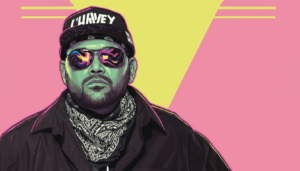Indigenous fitness initiatives are gaining momentum, showcasing the resilience and strength of Native communities. These programs not only promote physical health but also serve as a means of cultural revitalization and community healing. Through the stories of Indigenous athletes and coaches, we see a powerful movement towards better health and representation in sports.
Key Takeaways
- Indigenous fitness initiatives are crucial for community health and cultural revitalization.
- Prominent figures like Neilson Powless inspire young Indigenous athletes.
- Coaches emphasize the importance of movement as a cultural practice.
The Rise of Indigenous Athletes
Neilson Powless, a professional cyclist from the Oneida Nation, has made history as the first tribally-recognized Native North American to compete in the Tour de France. His journey reflects the challenges and triumphs faced by Indigenous athletes today. Powless aims to inspire the next generation by advocating for greater representation in cycling and sports in general.
His success has sparked interest in cycling among Indigenous youth, highlighting the need for accessible sports programs that cater to their unique cultural backgrounds. Powless believes that representation in sports is not just about personal achievement but also about uplifting the community.
Coaches Leading the Charge
Indigenous fitness coaches are at the forefront of this movement, focusing on holistic health and community well-being. Coaches like Joseph Marshall, Dion Denny, and Josh Mori are redefining fitness by integrating cultural practices into their training programs.
- Joseph Marshall: Founder of the Warrior Institute, he emphasizes the importance of fitness in reclaiming Indigenous identity and health.
- Dion Denny: A CrossFit coach who uses fitness as a tool for recovery and empowerment, particularly for those struggling with substance use.
- Josh Mori: Focuses on community wellness and cultural identity, blending traditional practices with modern fitness techniques.
These coaches not only provide physical training but also serve as mentors, helping individuals navigate personal challenges and fostering a sense of community.
Cultural Significance of Movement
Movement is deeply rooted in Indigenous cultures, serving as a form of expression and connection to heritage. Many Indigenous fitness programs incorporate traditional practices, recognizing that physical health is intertwined with spiritual and cultural well-being.
- Ceremonial Practices: Many Indigenous communities view movement as a form of ceremony, celebrating health and life.
- Community Engagement: Fitness initiatives often involve community gatherings, fostering connections and support among participants.
By embracing these cultural elements, Indigenous fitness programs create a safe space for individuals to explore their identities while improving their health.
Looking Ahead
The future of Indigenous fitness initiatives looks promising, with a growing emphasis on accessibility and community involvement. As more Indigenous athletes and coaches step into the spotlight, the movement towards better health and representation will continue to gain momentum.
- Increased Participation: Efforts to make sports more accessible for Indigenous youth are crucial for fostering a new generation of athletes.
- Community Support: Building strong community ties through fitness can lead to lasting change in health outcomes.
In conclusion, Indigenous fitness initiatives are not just about physical health; they represent a broader movement towards cultural revitalization and community empowerment. By supporting these programs, we can help ensure a healthier future for Indigenous communities.




